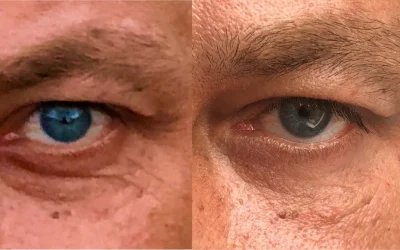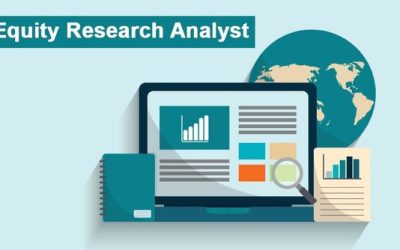Accenture’s Relationship to Extended Reality
Virtual reality, augmented reality, mixed reality and more are all part of the extended reality ecosystem. All of these real-and-virtual integrated environments heighten natural sensations with cutting-edge computer technology.
Maintenance workers can use AR glasses to make difficult repairs, or consumers can play with cute digital creatures in a VR gaming environment. This immersive technology has proven its worth, and it’s transforming the way we work and play. Read more about : how could accenture’s relationship to extended reality be described?
It’s real.
The term “extended reality” is a wide-ranging umbrella that encompasses any fully immersive artificial experience. That includes virtual reality, augmented reality, mixed reality, and the Metaverse – a digital world that will eventually enable us to live, work, and play in completely virtual settings.
In theoretical philosophy, the concept of reality refers to world views or parts thereof, such as concepts and structures (actual and conceptual), events and phenomena, past or present, observable or not. Reality is a contested notion.
Regardless of definition, today’s advanced technologies are rapidly eroding the boundaries between the real and the virtual. From augmented reality that superimposes digital information on physical objects to virtual reality that integrates the real and the fabricated, we are seeing the first stages of an extended reality revolution.
And it will only continue to evolve with 5G technology, the cloud, and lightning-fast human reflexes. These new experiences are enabling everything from improving navigation to boosting entertainment options in video games to enhancing the shopping and buying experience in retail.
It’s transforming.
Any immersive experience that heightens our natural sensations falls under the broad umbrella of extended reality. This includes virtual reality (VR), augmented reality (AR) and mixed reality (MR).
For example, VR lets us enter an entirely fabricated environment, while AR superimposes digital data on top of our physical surroundings. The technology is transforming our world in ways we’re just beginning to understand. And it’s opening up new opportunities in a wide variety of industries.
One of those opportunities is training. For instance, VR can help people reskill for the jobs of the future by immersing them in training programs that mimic their real-world environments. And it can reduce the cost of bringing in experts to deliver training.
XR is also making it possible to test products and services in unprecedented ways. For example, companies can now offer consumers a VR version of their shops that let them try out clothing or makeup before purchasing. And they can use MR to create virtual environments for testing out new products and services in ways that simply wouldn’t be possible in real life.
With all this potential, it’s no wonder that Accenture sees extended reality as a game-changer. The global management consulting, technology services and outsourcing firm has built a team dedicated to the new tech. And it’s a team that’s focused on helping clients build and deploy XR experiences responsibly from the start.
The practice, which Accenture calls the XR Business unit, supports clients’ unique XR experience conception and development at an enterprise level. Its approach can be compared to an early excursion that establishes a footing in uncharted territory. The goal is to provide a foundation for long-term success.
It’s disruptive.
While virtual reality has yet to take off with consumers, it’s beginning to snag some significant traction among businesses. A big part of this can be attributed to Accenture’s Extended Reality practice, which supports clients in their unique XR experience conception, development and delivery at an enterprise level. The team is able to bring its clients a range of end-to-end XR solutions for immersive learning, augmented reality (AR), and virtual merchandising opportunities.
To do this, they work with the world’s leading XR technologies such as headsets and cameras, but also provide the expertise, process and platforms to deliver and measure their impact. Their goal is to help enterprises create a seamless, engaging and immersive experience for their customers, while enabling them to meet compliance standards and mitigate risk.
For example, they’re helping companies reskill their workforces for the digital economy by using AR to enable employees to experience simulations of the future workplace. This enables them to learn new skills on the job without having to travel or take time off.
The team is embracing the potential of XR in its own business, too, with the launch of a new immersive learning solution called XR Studio. It’s an innovative way to deliver and measure the impact of immersive learning. Read more about : how could accenture’s relationship to extended reality be described?
While XR’s popularity is growing with consumers, it’s still a bit of a wild west in the world of business, which means many enterprises have a lot to learn from this emerging technology. To do this, they need a trusted partner to help them understand the benefits and limitations of XR.
Also Read: how to make a gum wrapper heart











